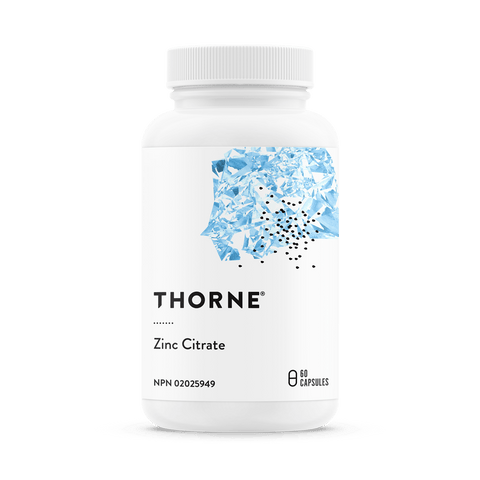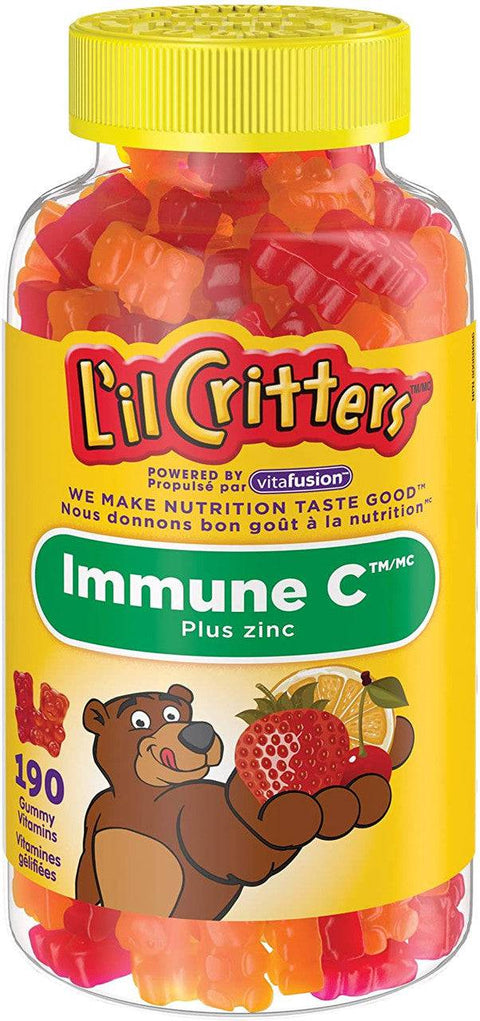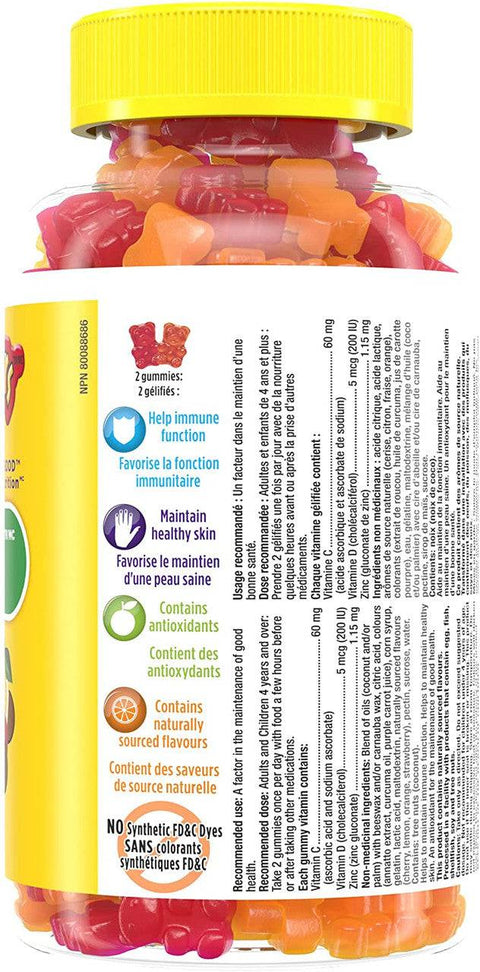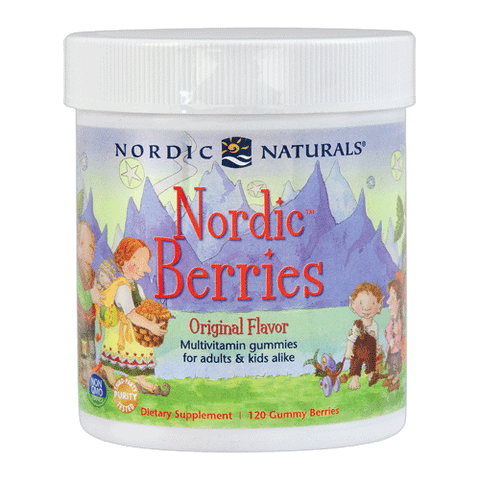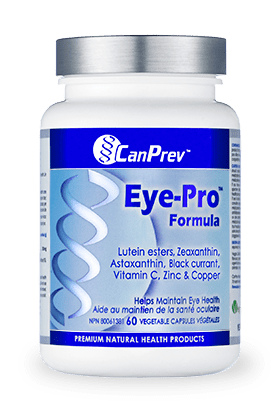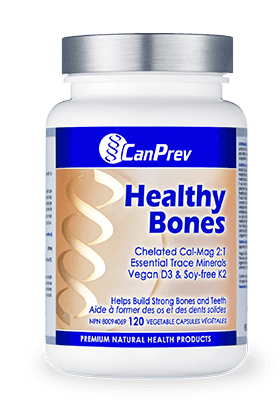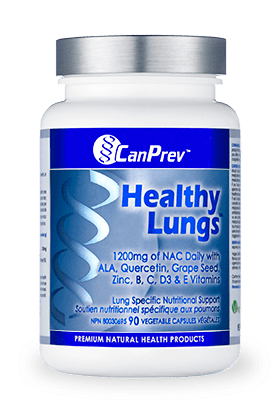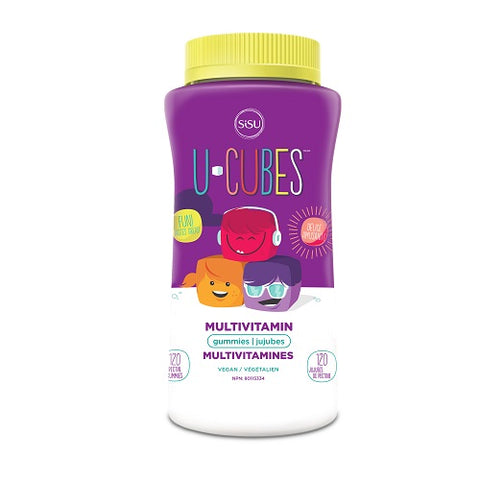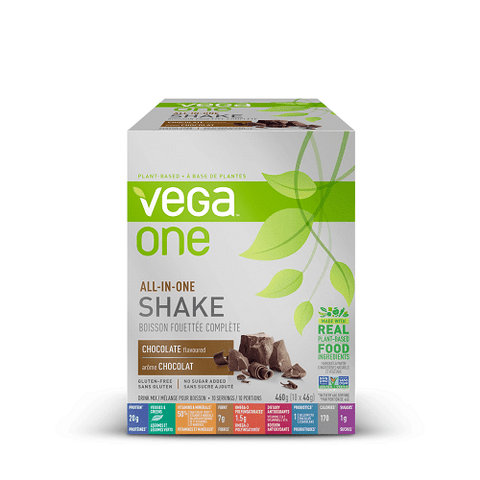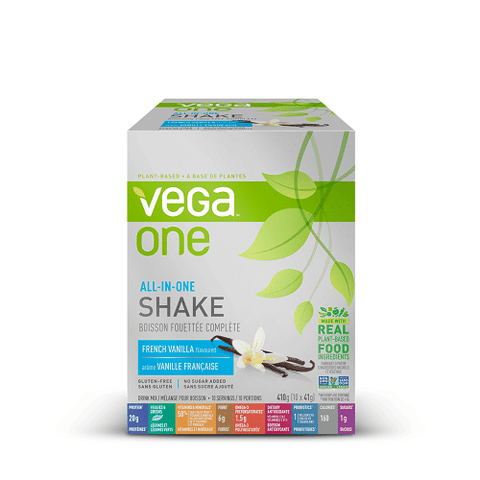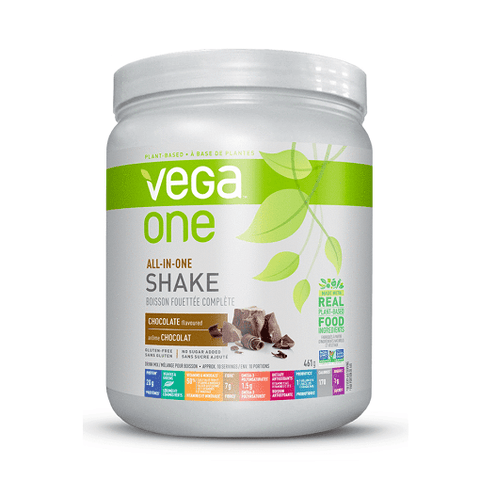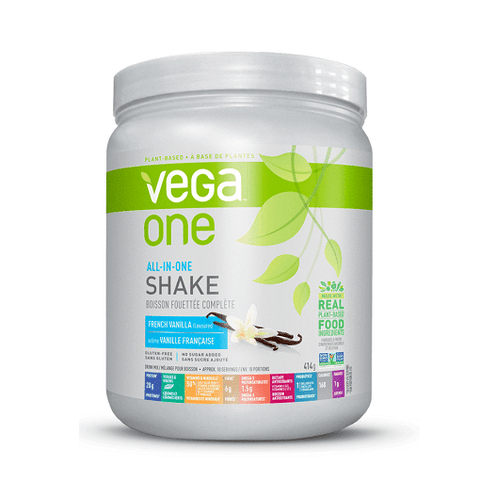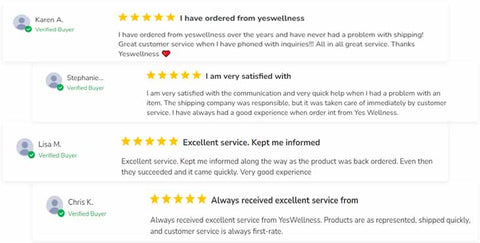Zinc supplements are a type of mineral supplement that provides the essential nutrient zinc in a concentrated form. Our bodies need zinc for many functions, but we can only get it from dietary sources or supplements.
Here's a closer look at zinc supplements:
Types and Forms:
Zinc supplements come in various formulations with different absorption rates. The bioavailability (how well your body absorbs the zinc) depends on the specific compound.
- Elemental Zinc: This indicates the total zinc content, but it doesn't necessarily reflect how much your body can absorb.
- Ionic Zinc: These forms (like zinc sulfate) dissolve easily but may irritate the stomach.
- Chelated Zinc: Zinc is bound to an amino acid (e.g., zinc glycinate) to improve absorption.
- Zinc Complexes: These combine zinc with other compounds for specific benefits.
Factors to Consider:
- Type and Variant: Choose a form that suits your needs and preferences. For example, capsules or tablets are convenient, while liquid options might be easier for children.
- Composition: Look for high-quality supplements from reputable brands. Check for third-party certifications ensuring purity and potency.
- Organic vs. Non-Organic: While some brands offer organic zinc (usually from plant sources), research suggests the type of zinc may be less important than its bioavailability.
Additional Considerations:
- Trace Minerals: Some zinc supplements include other essential trace minerals for broader nutrient support.
- Dietary Changes: While supplements can help, consider incorporating zinc-rich foods (oysters, red meat, legumes) into your diet for overall health.
Remember:
- Consult your doctor before starting any new supplement, especially if you have underlying health conditions or take medications.
- Taking too much zinc can have negative side effects.


